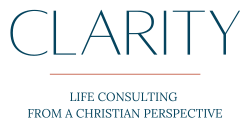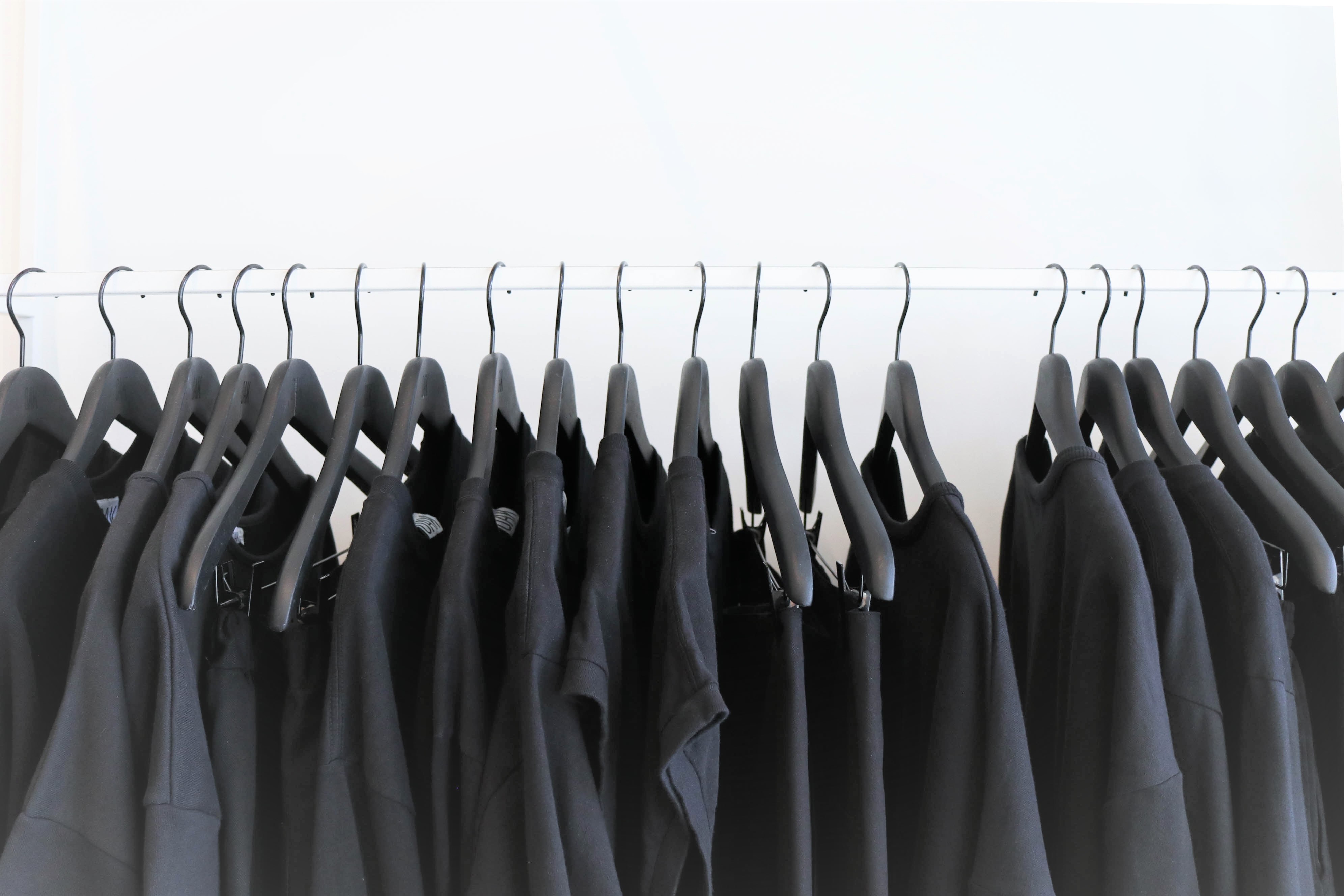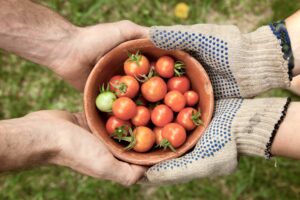Steve Jobs may be most famous for his creative endeavours in founding and growing Apple, but he’s become slightly iconic in the fashion world, too – for wearing the same thing every day.
Each morning, Steve Jobs donned a black mock turtleneck, blue jeans, and new balance sneakers. He didn’t change colors based on the seasons or branch out into business suits and trendy ties. His wardrobe was what many people would consider the essence of not creative.
But Jobs knew the importance of saying no:
“People think focus means saying yes to the thing you’ve got to focus on. But that’s not what it means at all. It means saying no to the hundred other good ideas that there are. You have to pick carefully. I’m actually as proud of the things we haven’t done as the things I have done. Innovation is saying no to 1,000 things.”
The average adult makes 35,000 decisions per day, but our ability to be creative actually diminishes the more decisions we have to make. (That’s why so many people do their best work early in the morning, before they’ve waded through a full day of decisions.)
By wearing the same thing every day, Jobs completely eliminated an entire set of decisions from his life. He said no to choosing what to wear every morning, and all the consequences that follow from it: where to shop, when to shop, price and brand comparison, various laundry choices – all the things that are tied to having a varied closet.
He refused to spend his creative energy on his wardrobe, so that he could spend it on what mattered to him. Jobs put getting dressed on “automate” so he never had to think about it.
He isn’t the only one to embrace the idea that automation is actually freeing.
Writer and podcaster Ann Bogel admits that she’s eaten the same thing for lunch every day for nearly a year. “It’s not pretty … but it’s good and it’s easy and I don’t have to think about it.”
Turns out, Bogel isn’t alone. While some may find it boring, people who eat the same thing for lunch every day say they do it to save time, cut down on the stress caused by decision making, and simplify other areas of their life, like grocery shopping.
Eating the same thing every day, like wearing the same thing every day, doesn’t just give you one less thing to think about. It gives you freedom from a whole host of other decisions.
There’s a domino effect. It’s not just knocking out the question, “what will I eat for lunch?”, but “which restaurant should I go to?” “does my budget allow for it? If not, should I change how I spend money? How I earn money?” “If I pack my lunch, what do I need to buy from the store? Which containers can I use? Do I need to wash them? Should I get up earlier to prepare it?”… and on and on.
We live in a time that is unprecedented in human history. We can choose not only where to live, whom to marry, if and how to get an education, and what work to pursue, but which brand of toothpaste to use, which grocery store to shop at, which clothing to buy, and which line of makeup to select. Almost every thing we have is the result of choosing between hundreds, if not thousands, of options.
Living in a world where we have the freedom to make so many decisions is a gift. Living in a world where we have the freedom to make so many decisions is also a burden.
Maybe you take great joy in choosing a new outfit every morning. Or preparing a different lunch every day. Maybe those are your creative outlets -in which case, wonderful! But how many of us spend our time, energy, and attention on things that don’t really matter to us?
Of the 35,000 decisions we have to make every day, how many of them actually matter to us?
How many of them are the result of our blind acceptance of other people’s demands on us and our own struggle to say no?
Are we paying attention to how we use our creative energy? Have we considered our bottom line, so we can free ourselves from the tangle of constant petty decision making? Or are we paralyzed, exhausted, and burnt out by caring about things that we could actually just automate?
Doing the same thing every day in areas that don’t matter to us offers freedom from unnecessary decision making. It helps us say no 1,000 times. It gives our creativity space to breathe, unburdened from decision fatigue.
That precious, limited, creative energy can then be put toward what truly matters to us.
What about you? Have you ever embraced doing the same thing every day? What part(s) of your life would you choose to automate?






